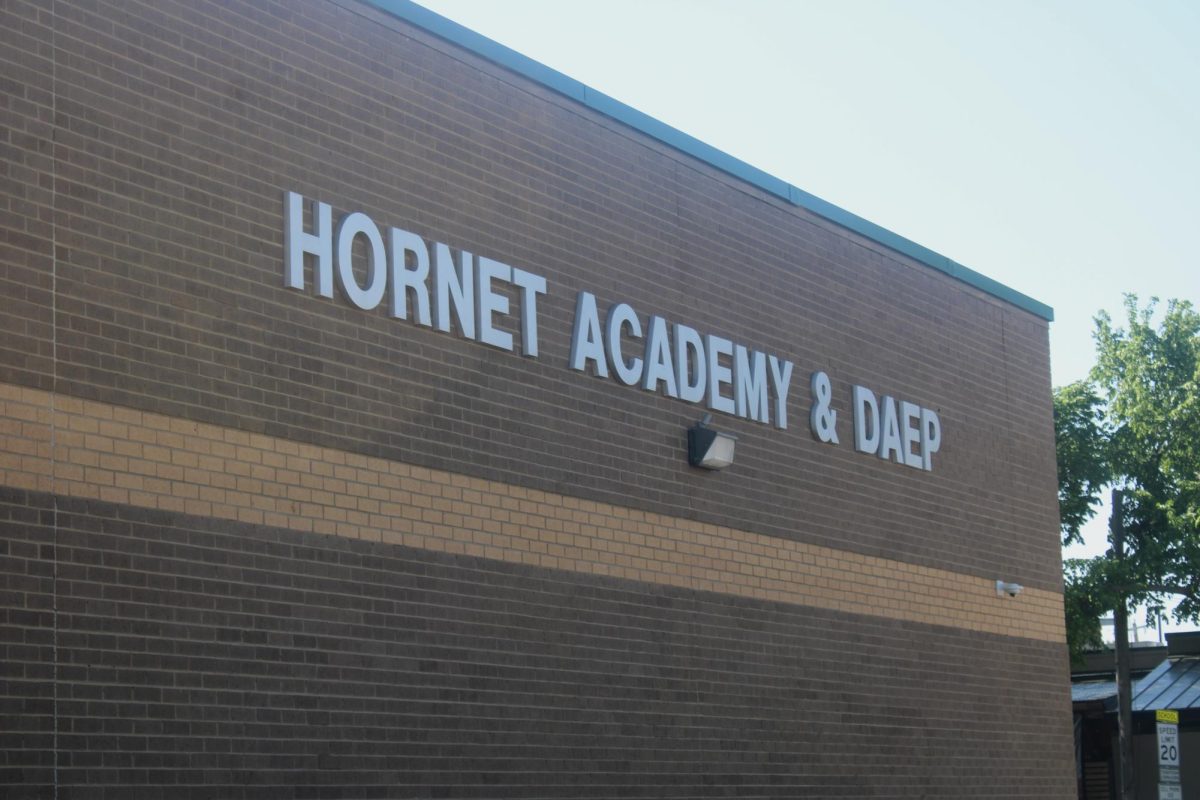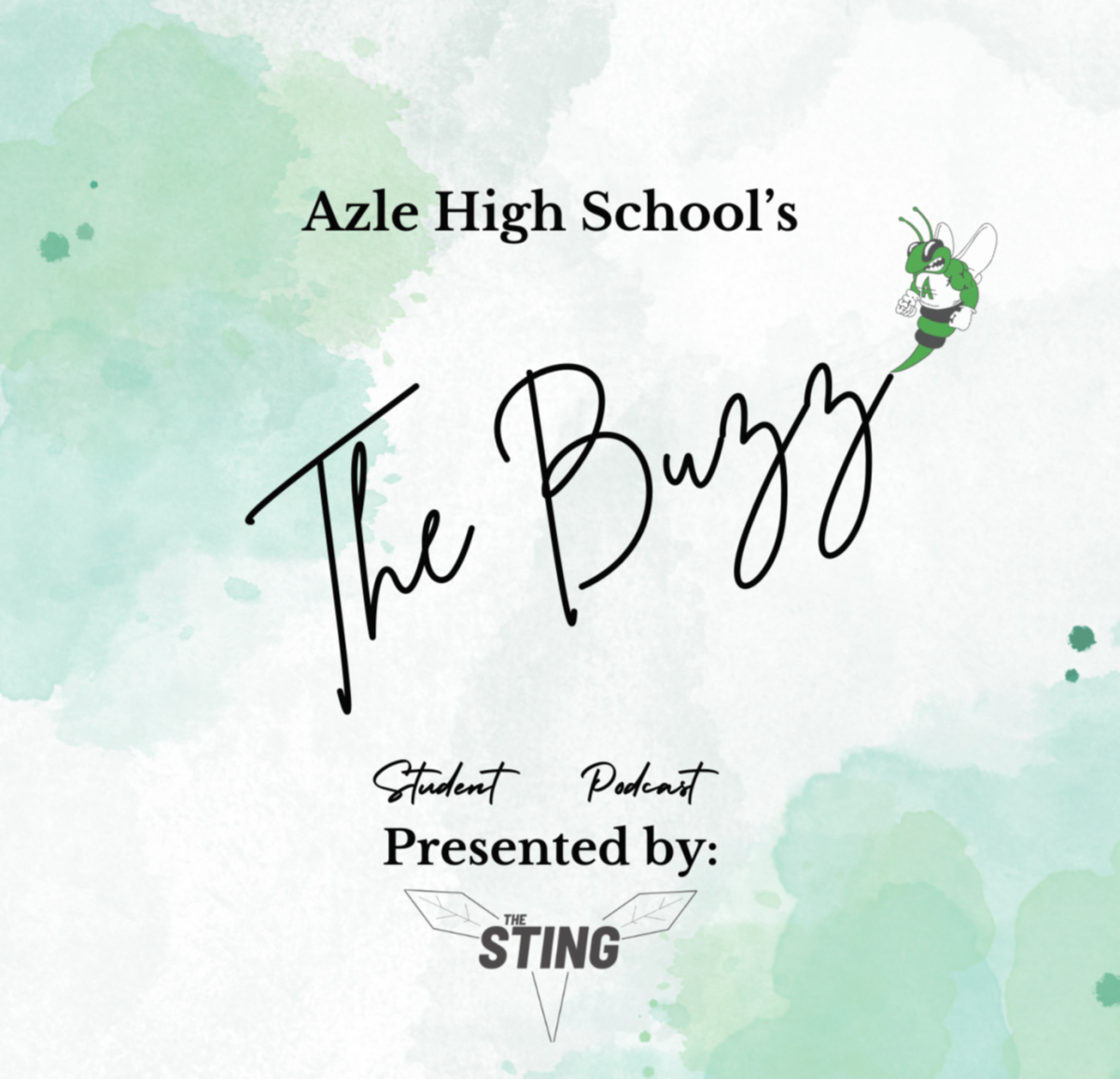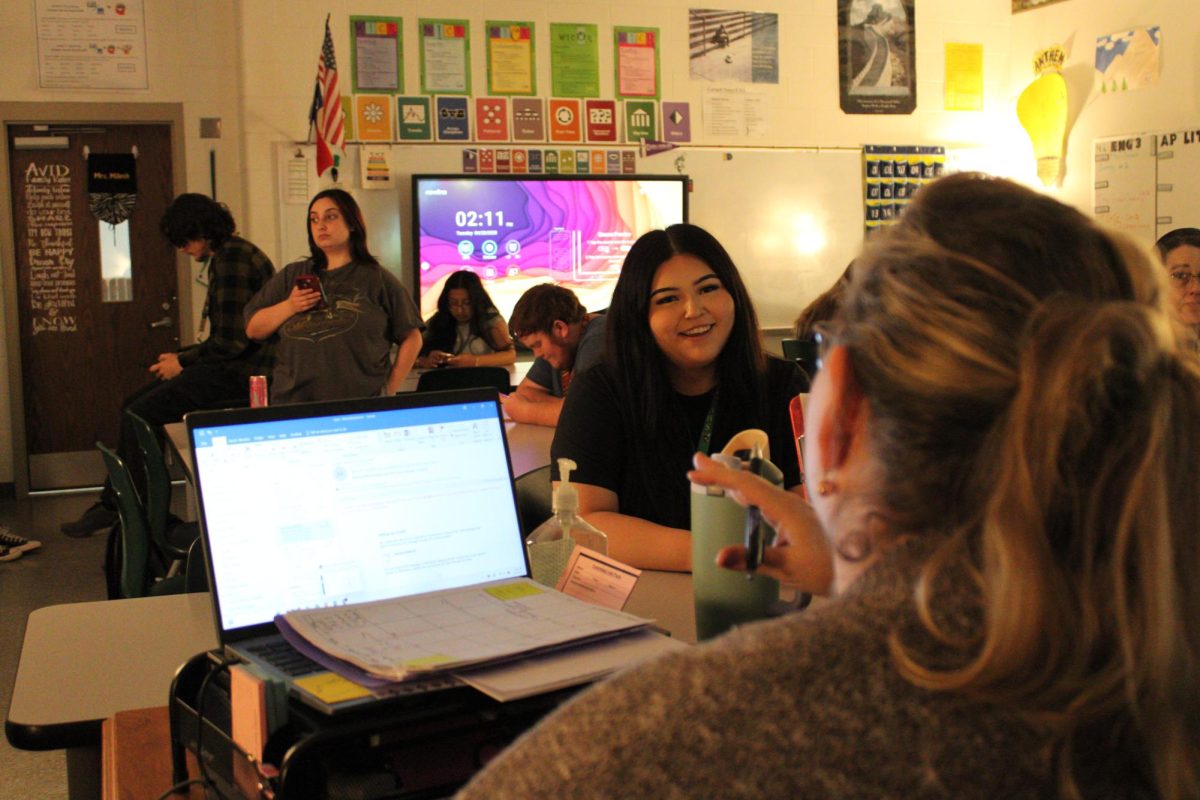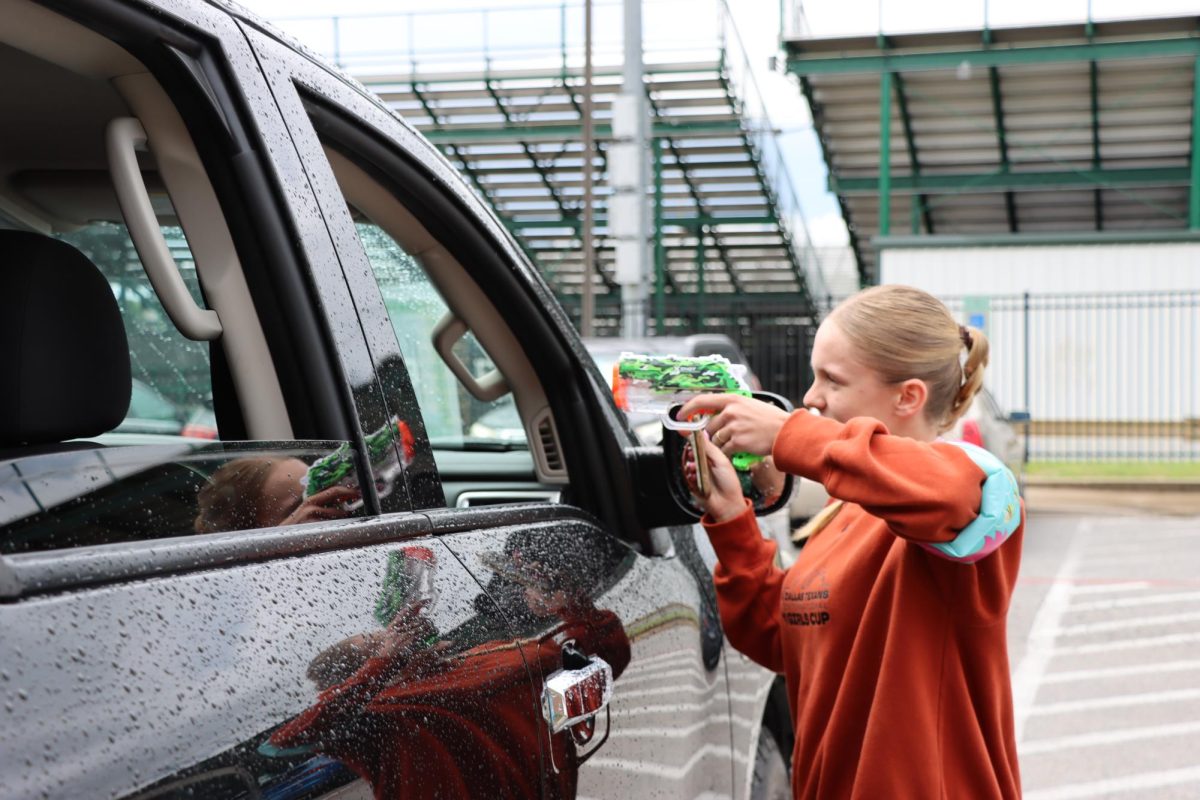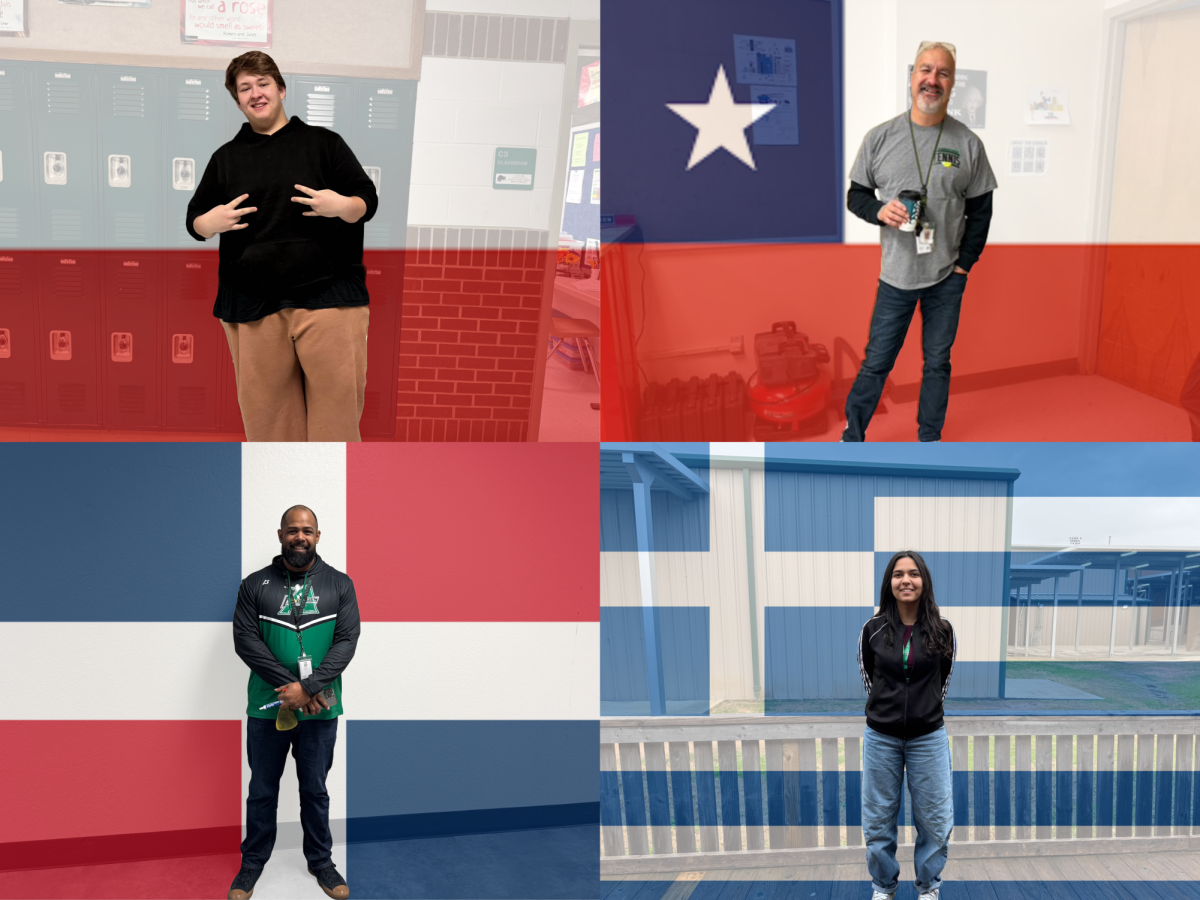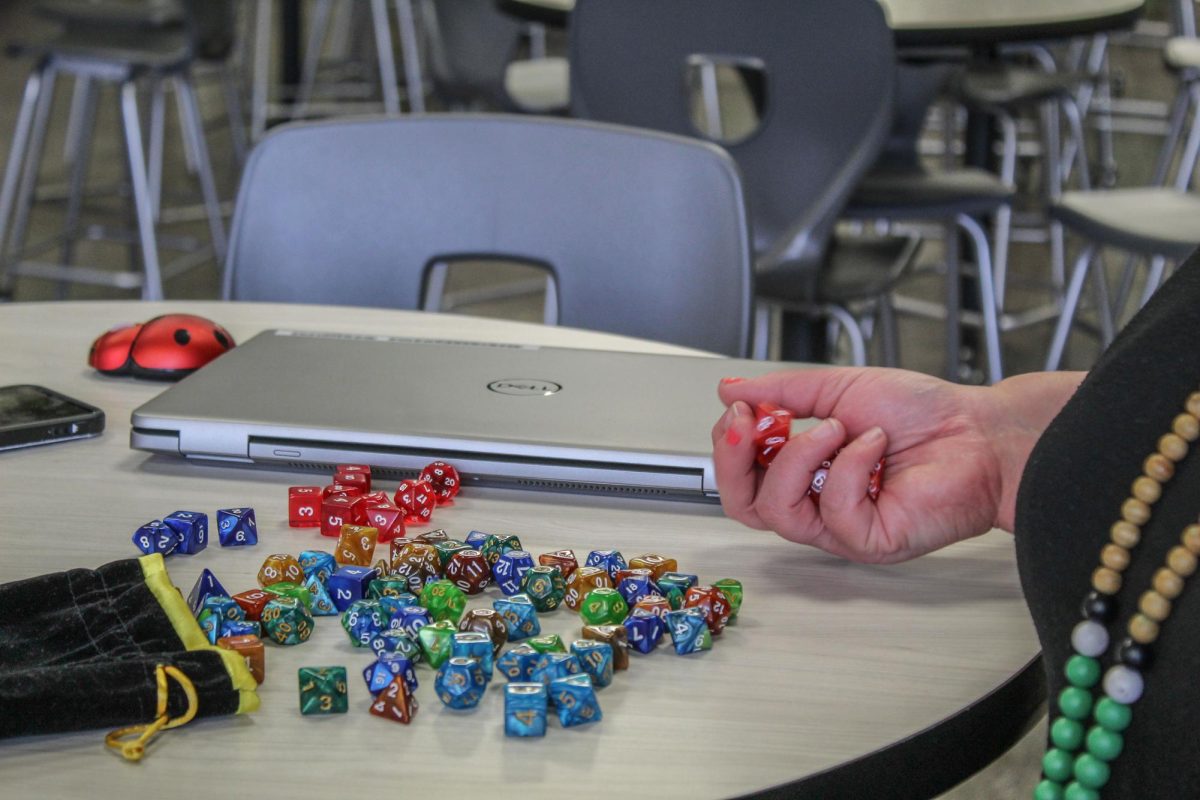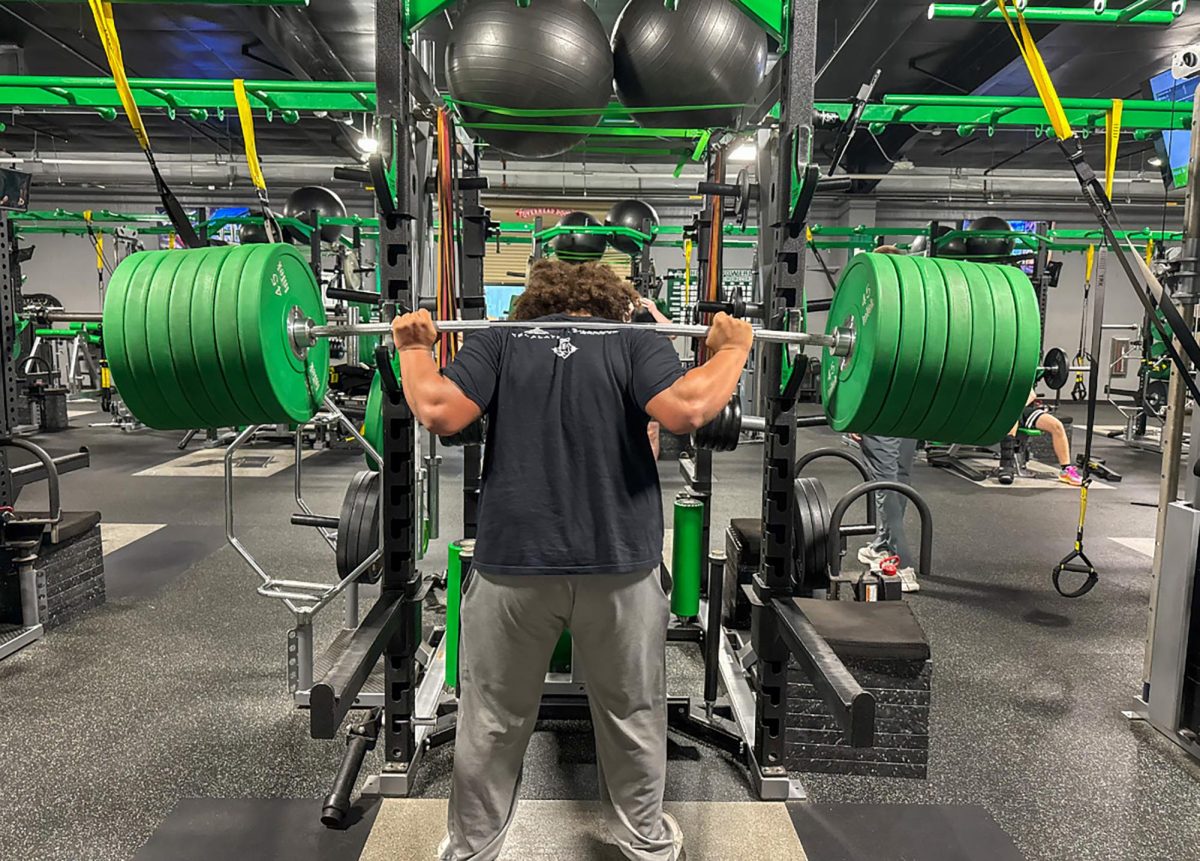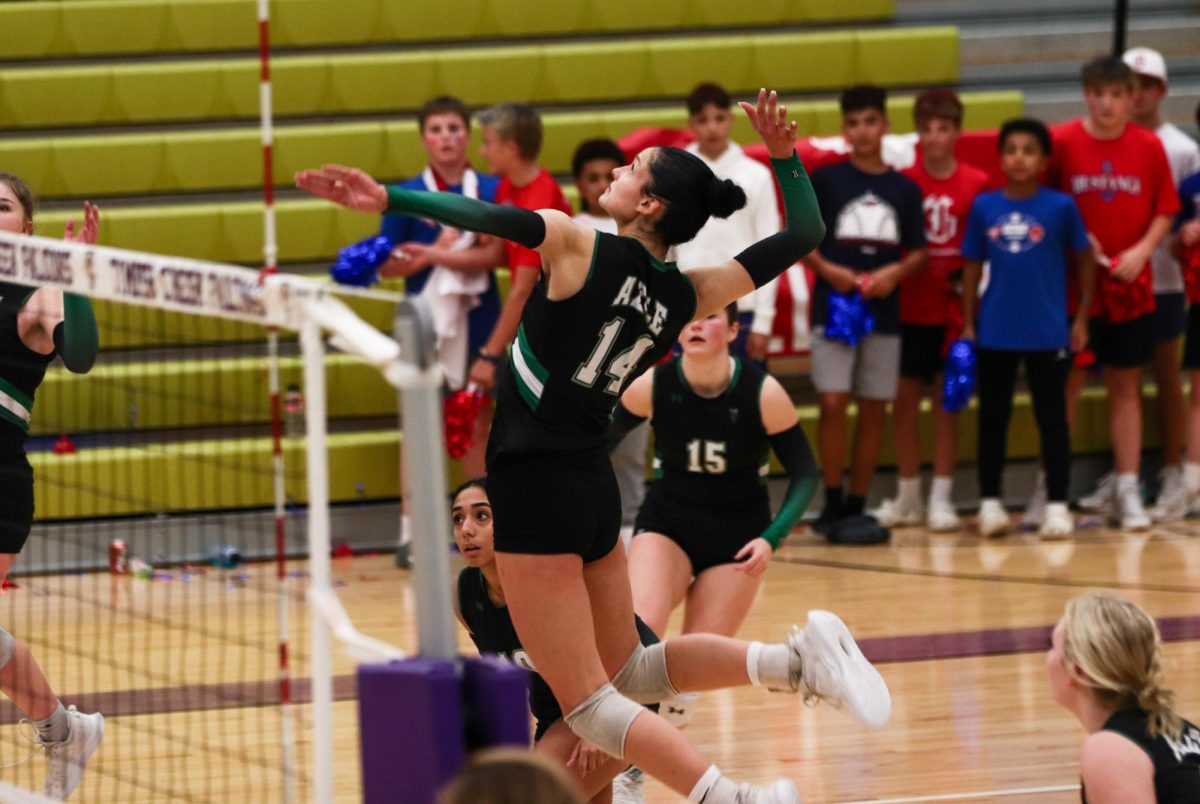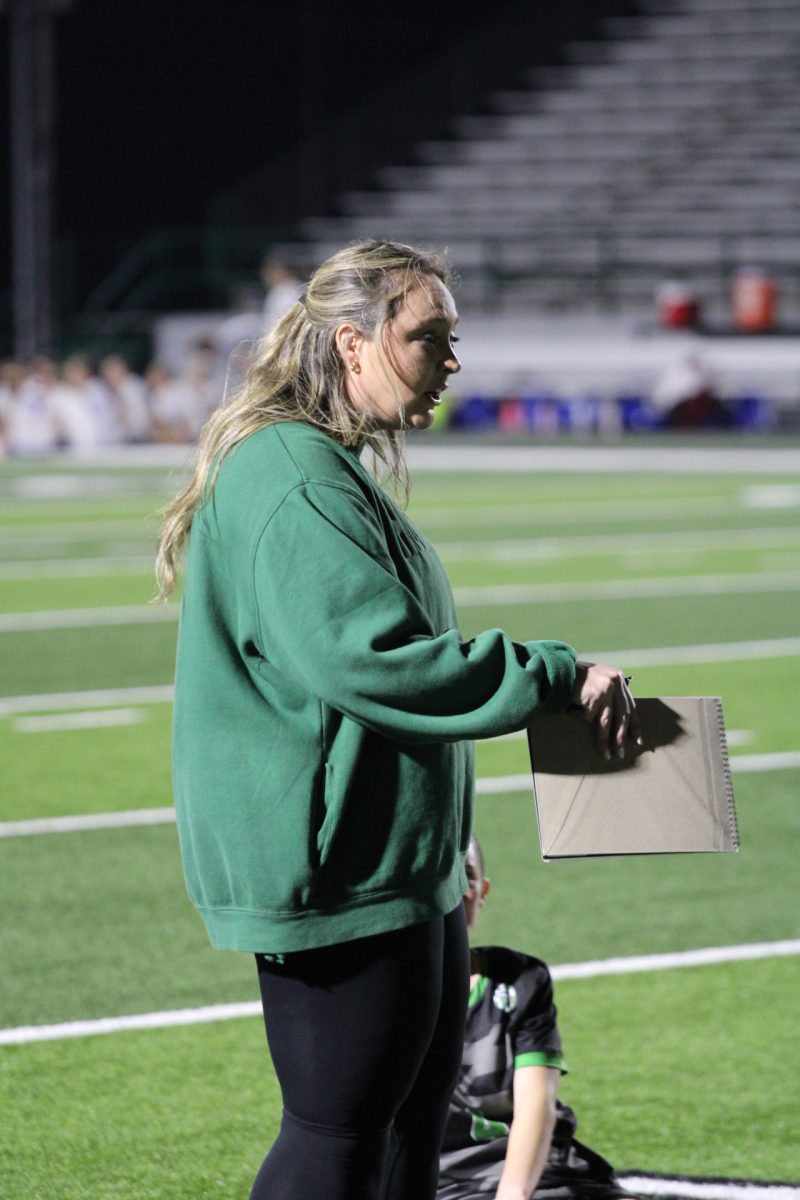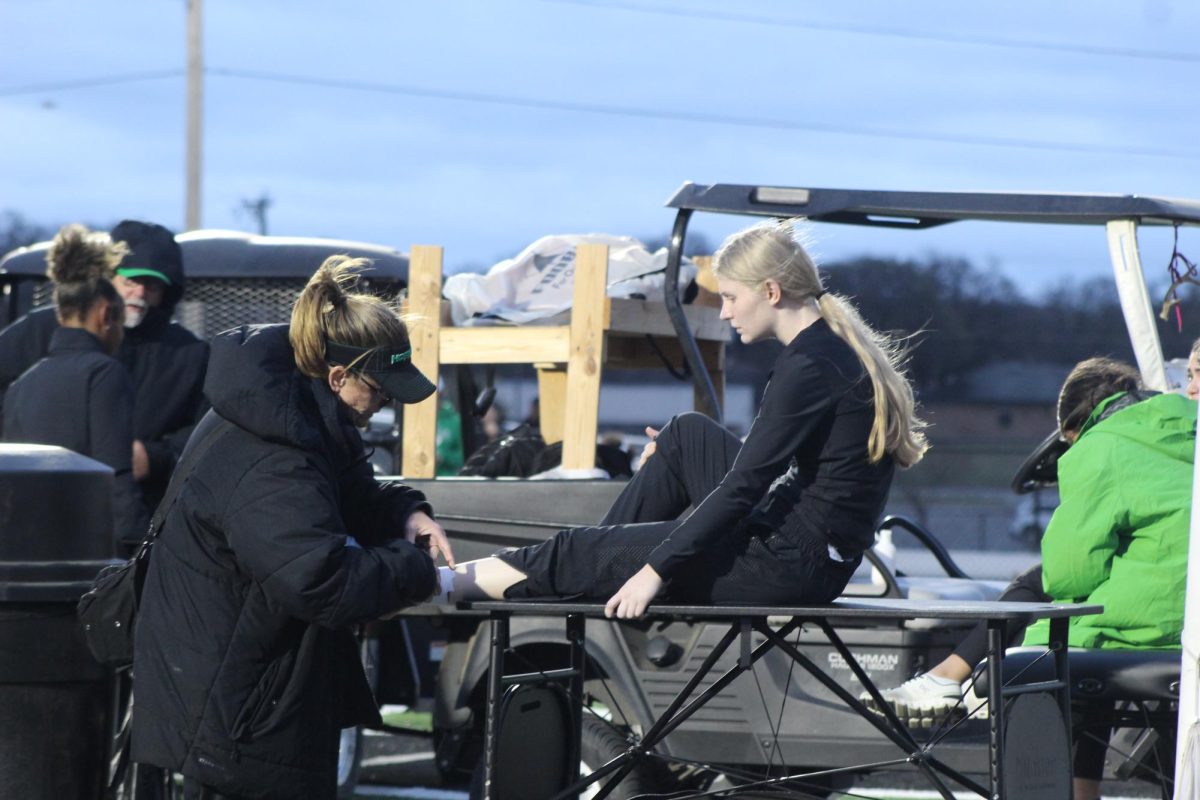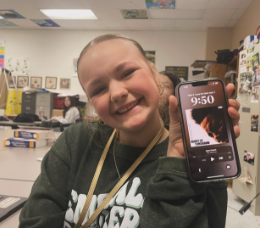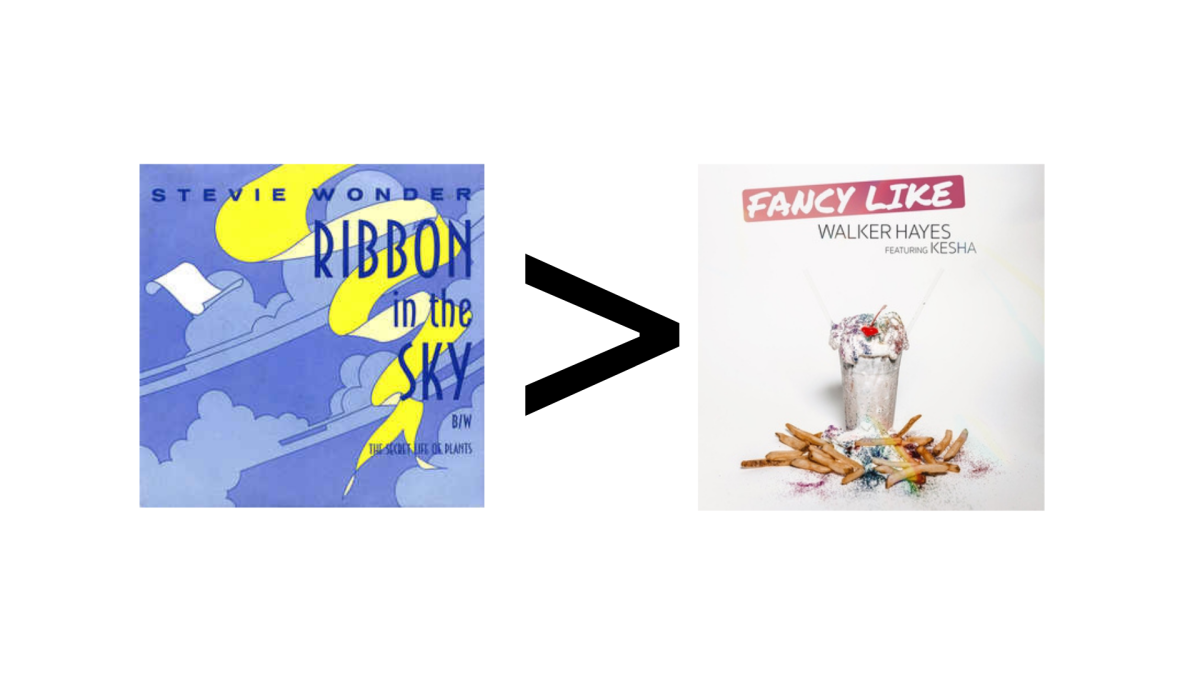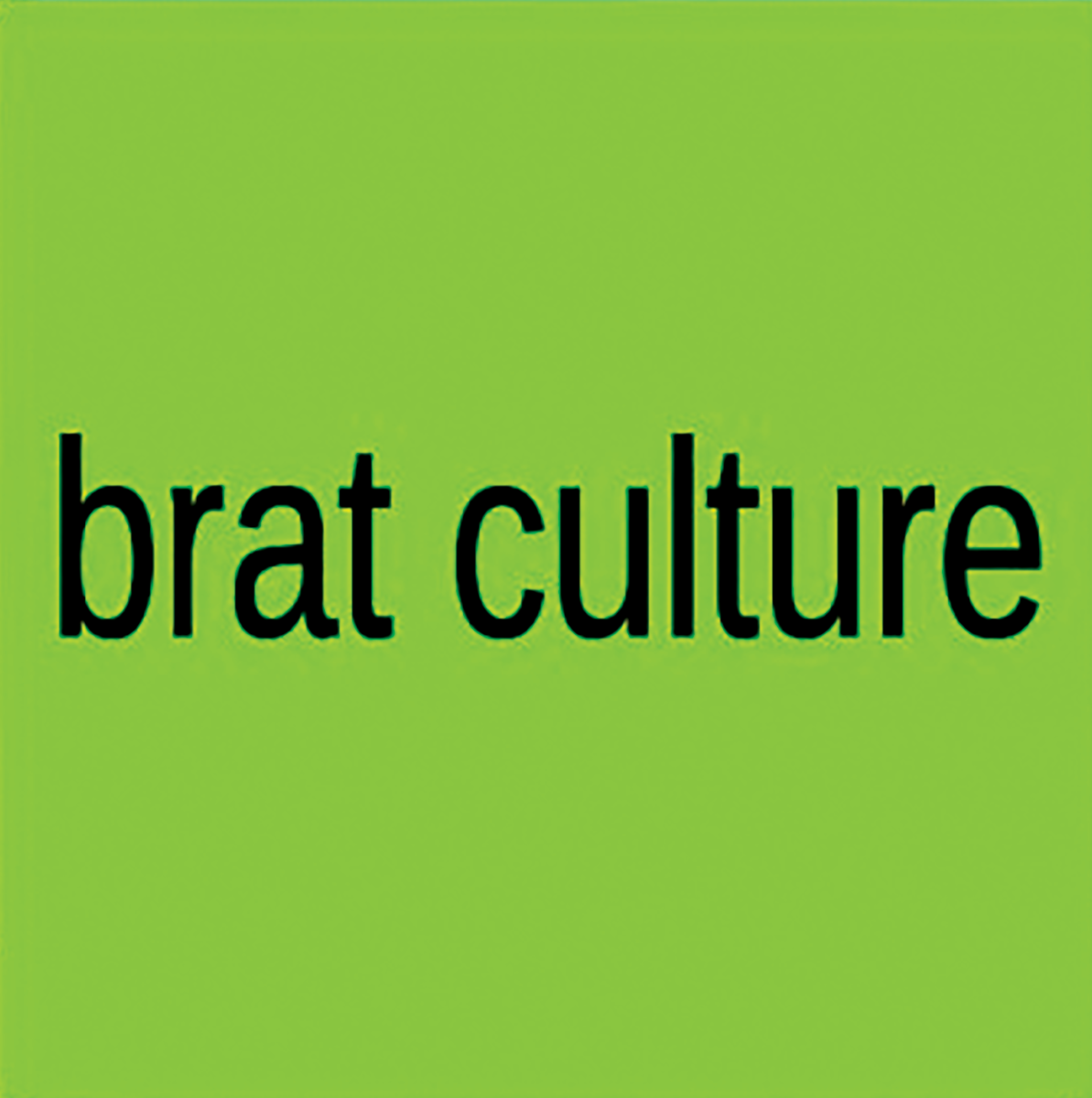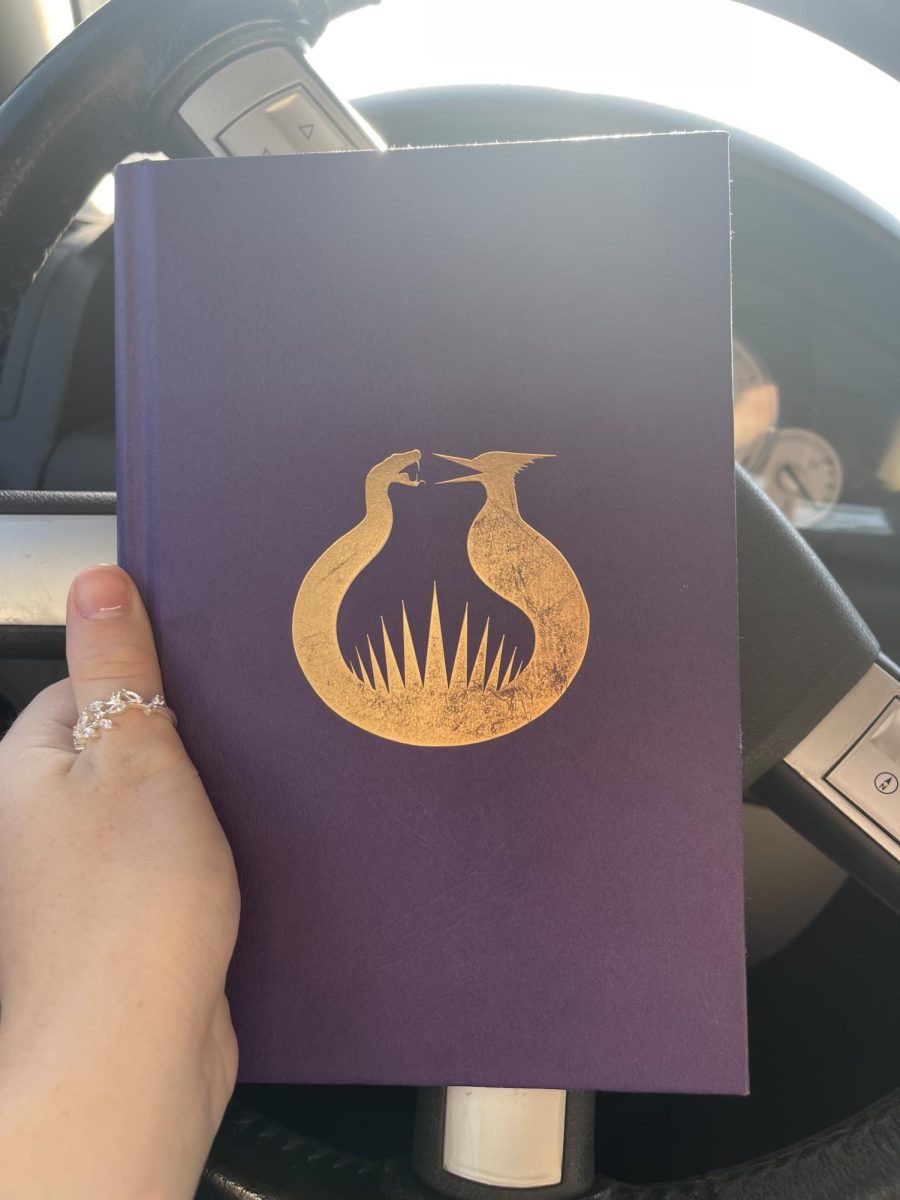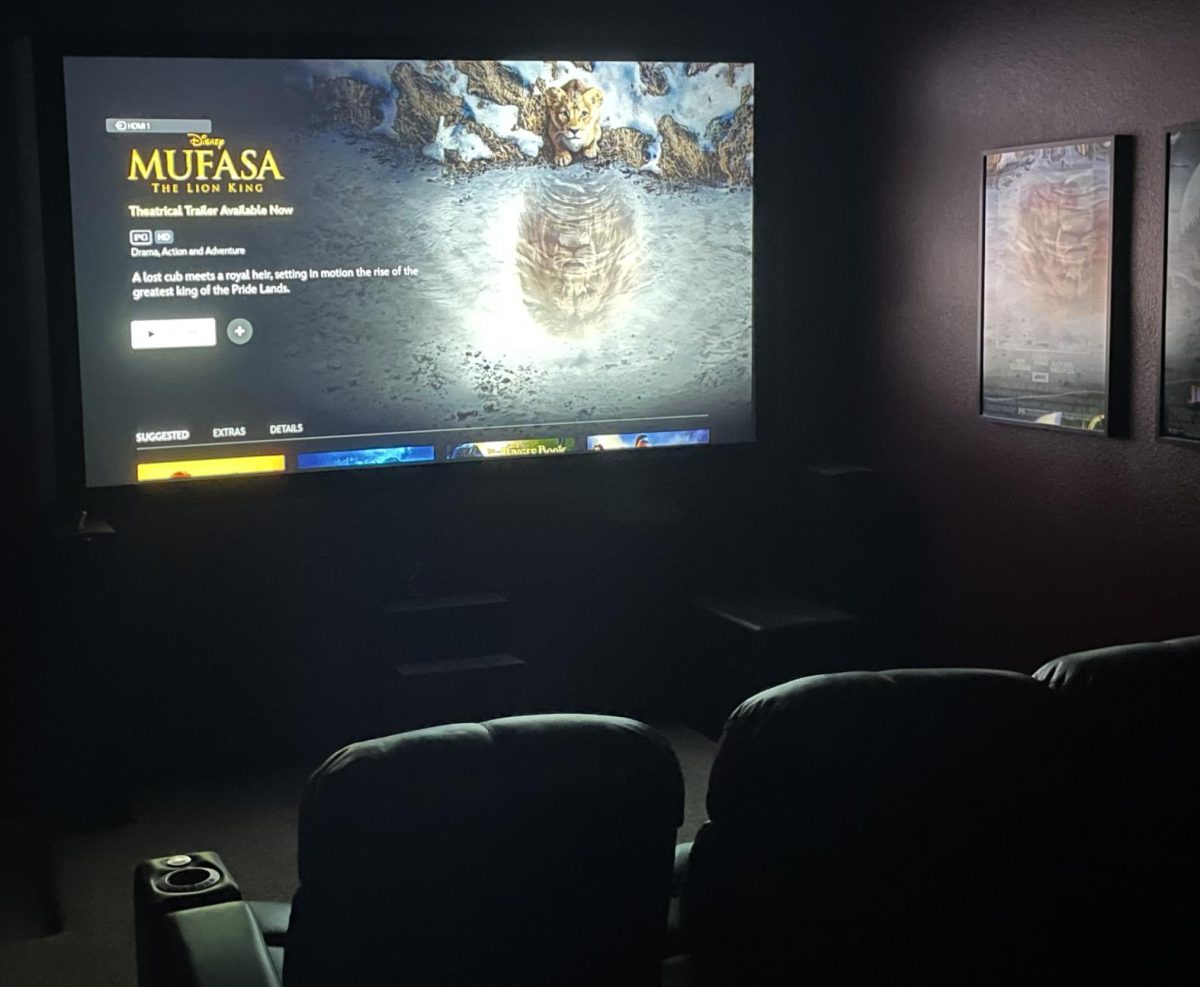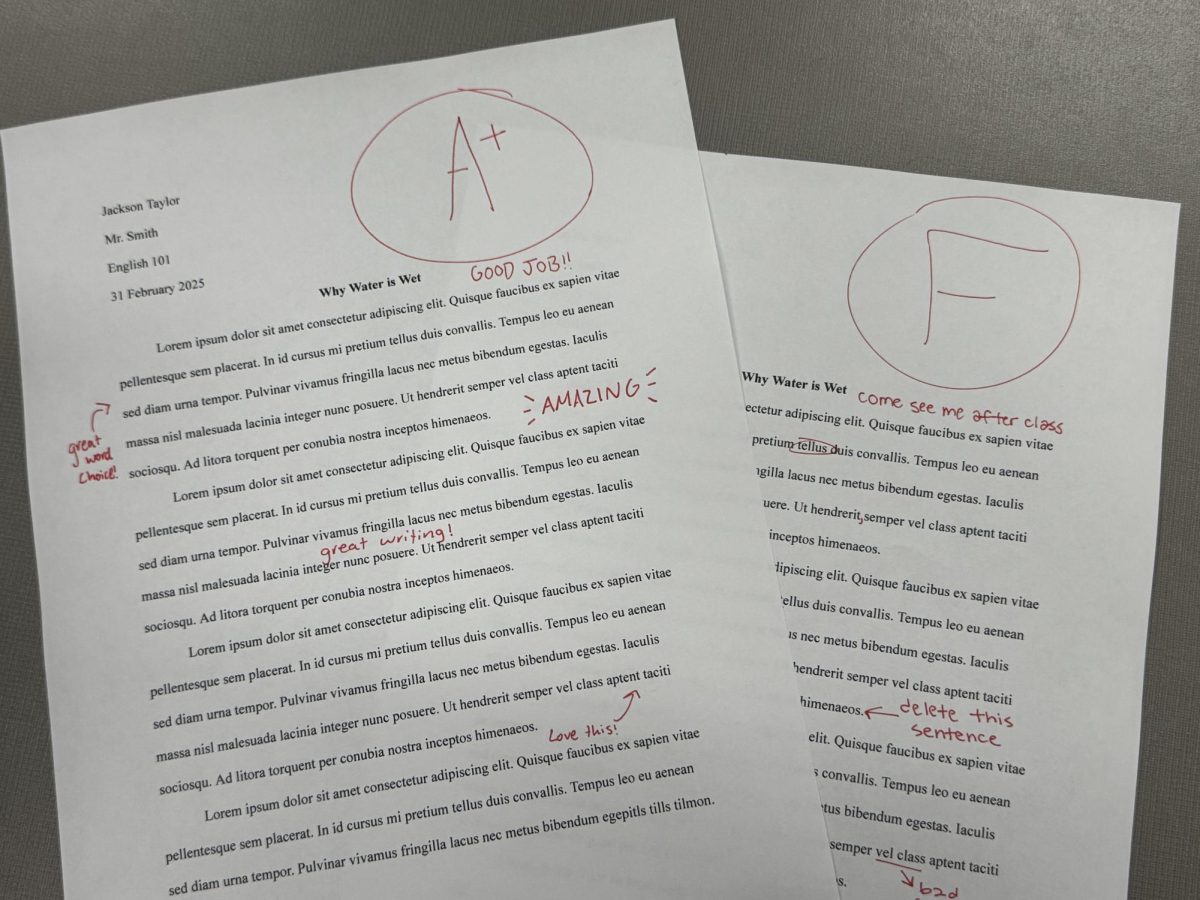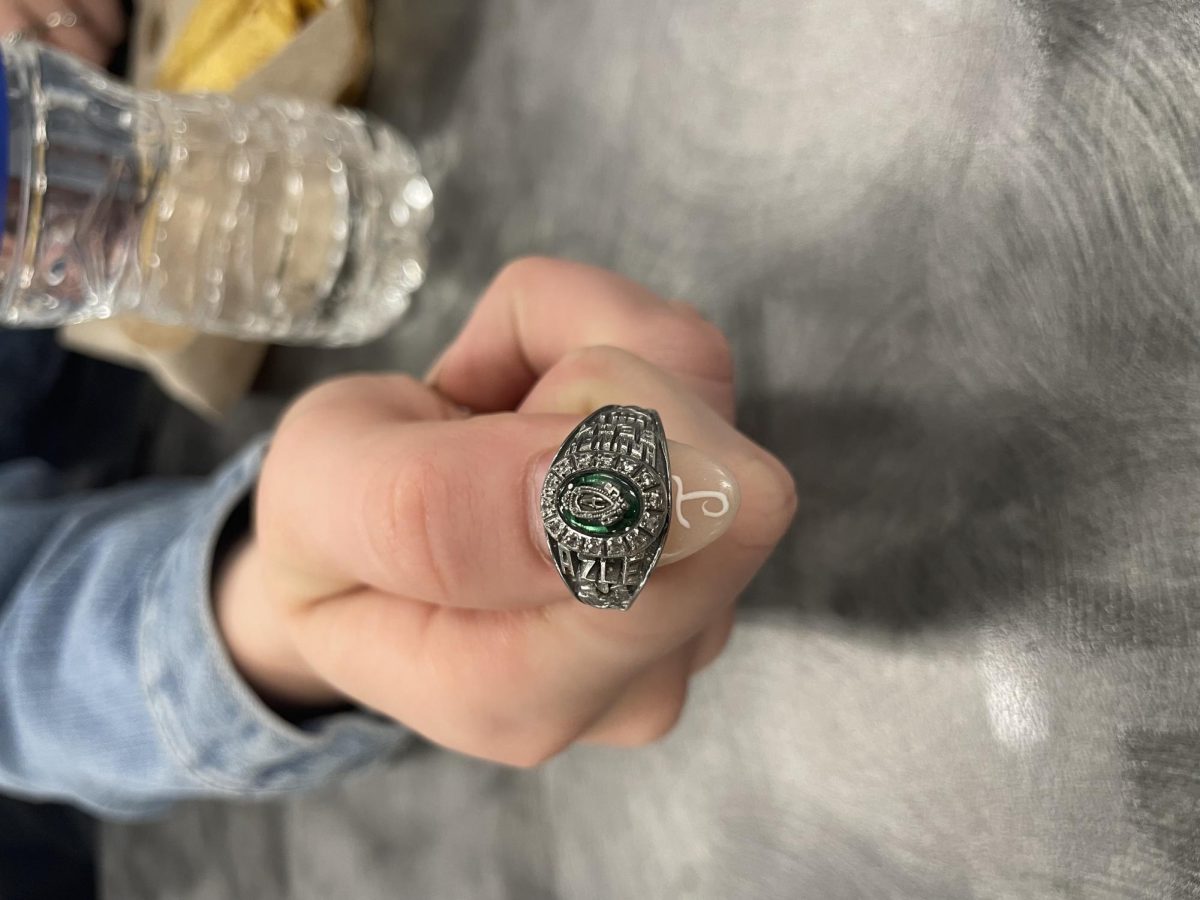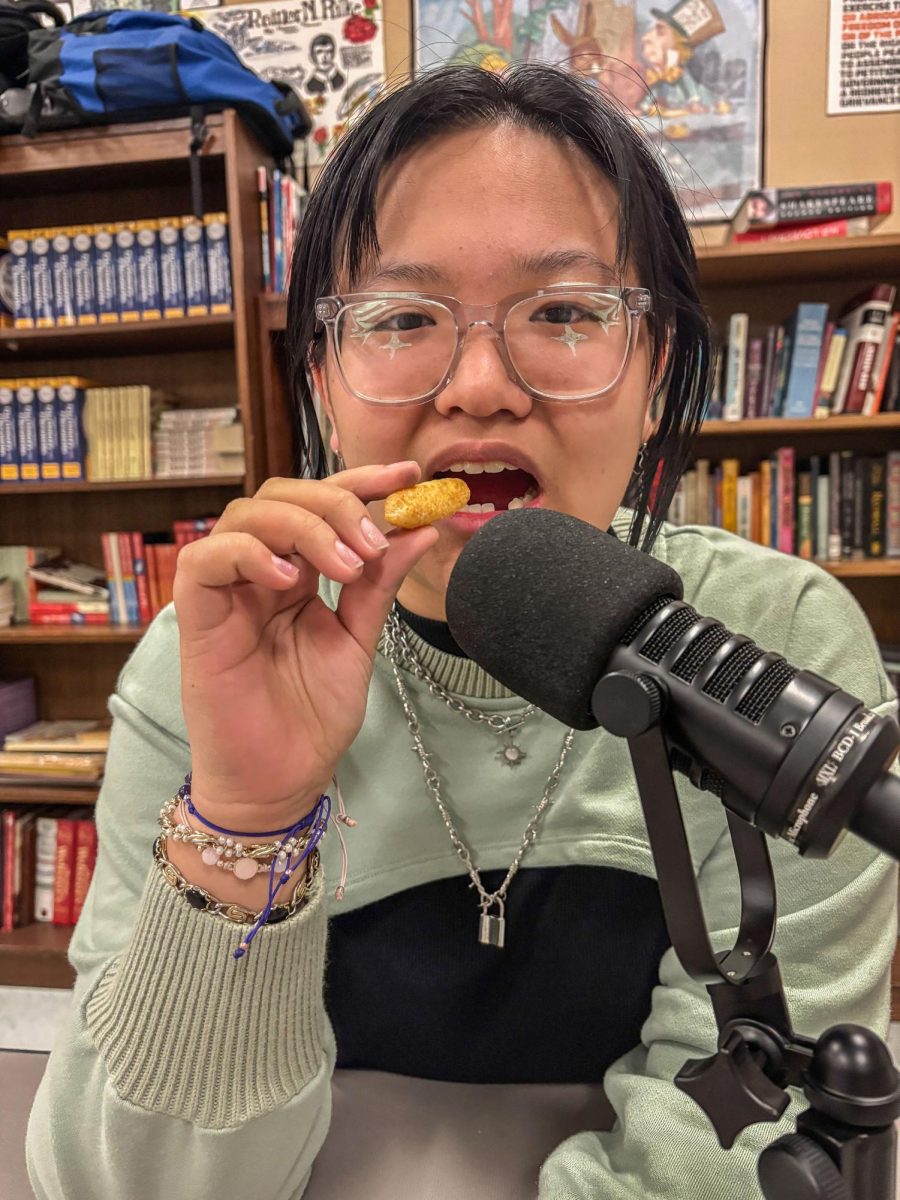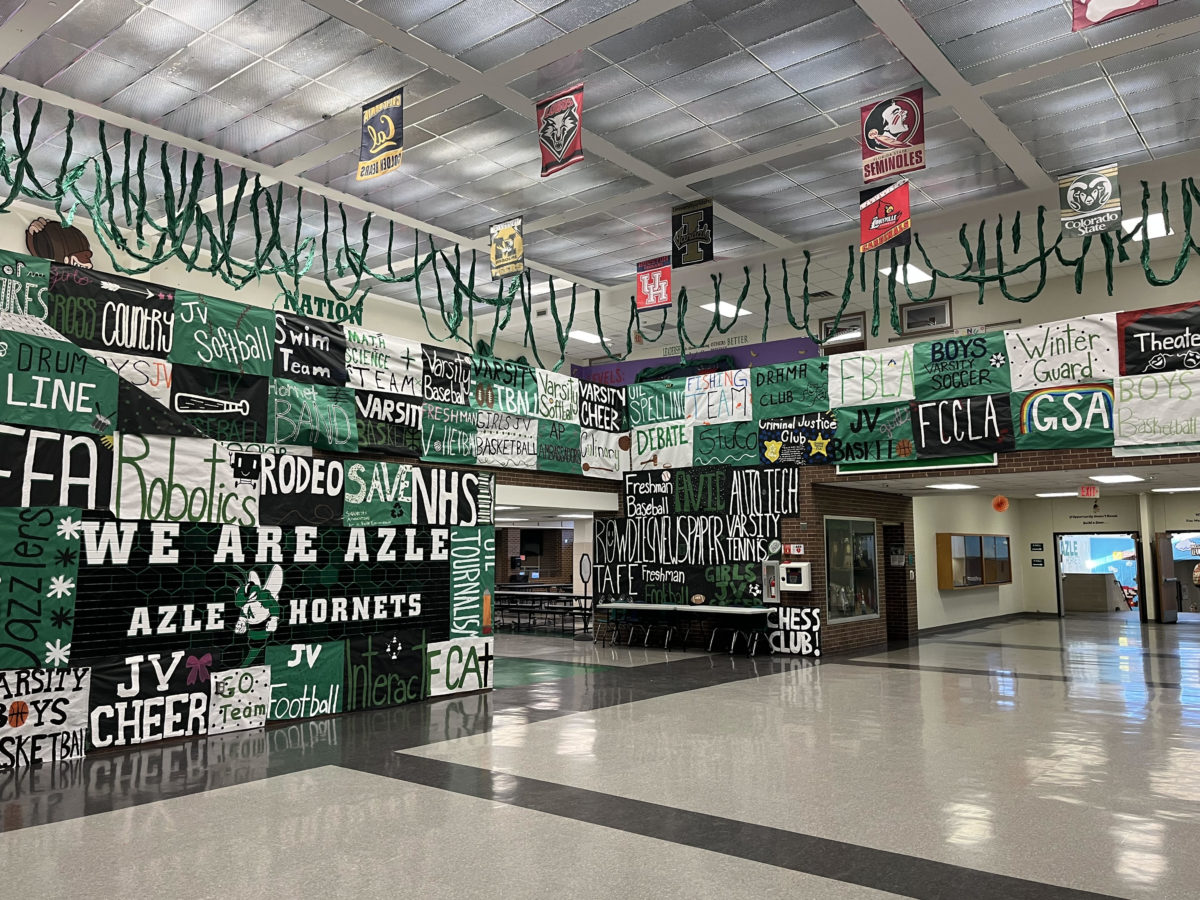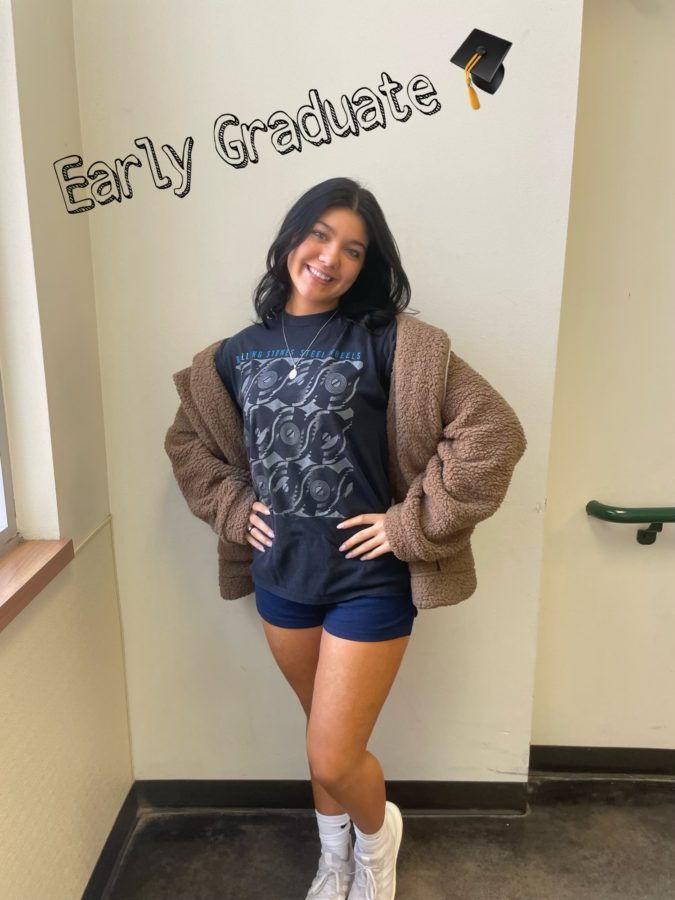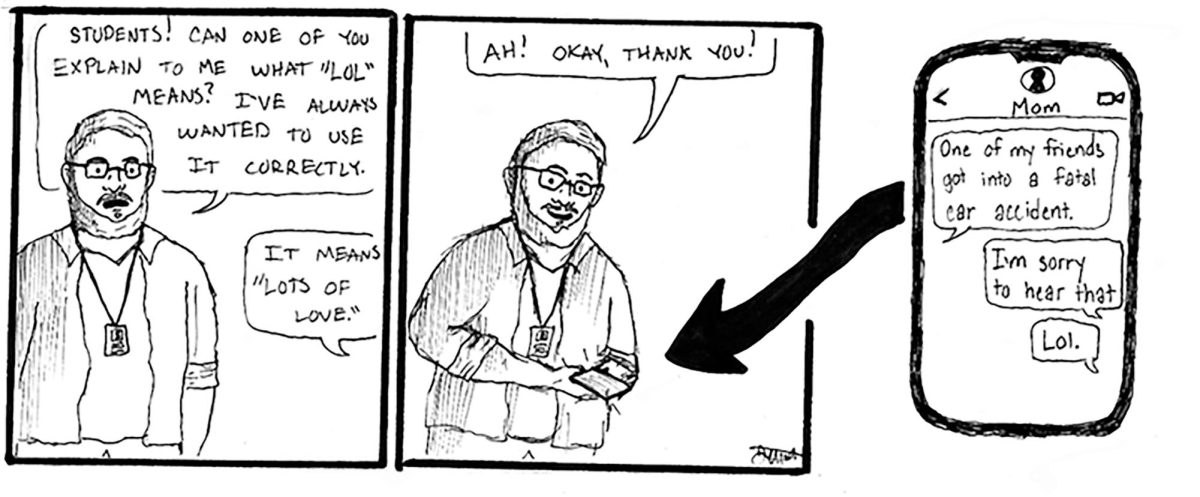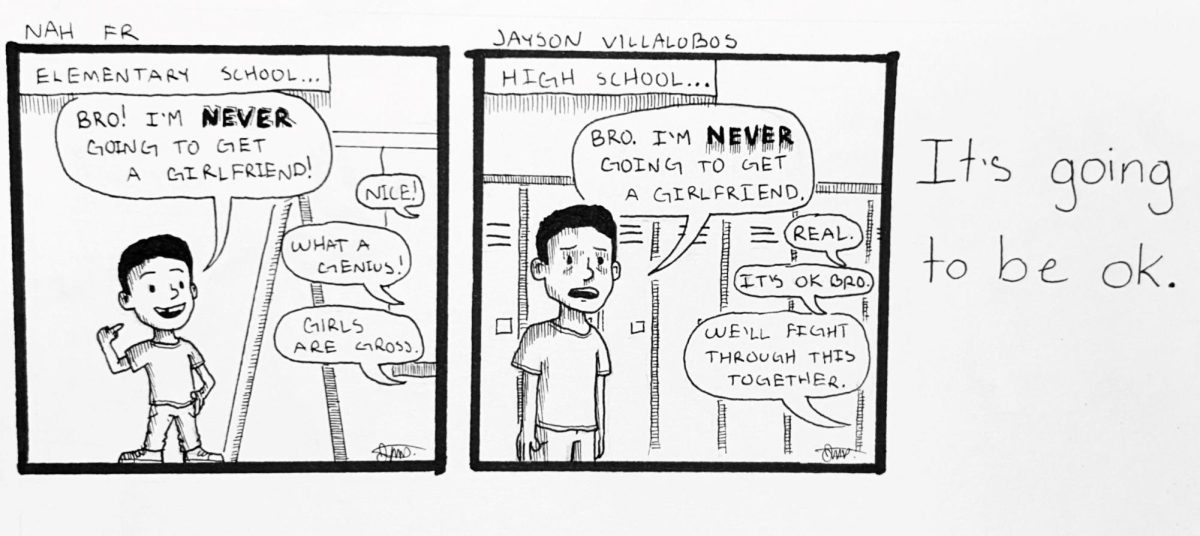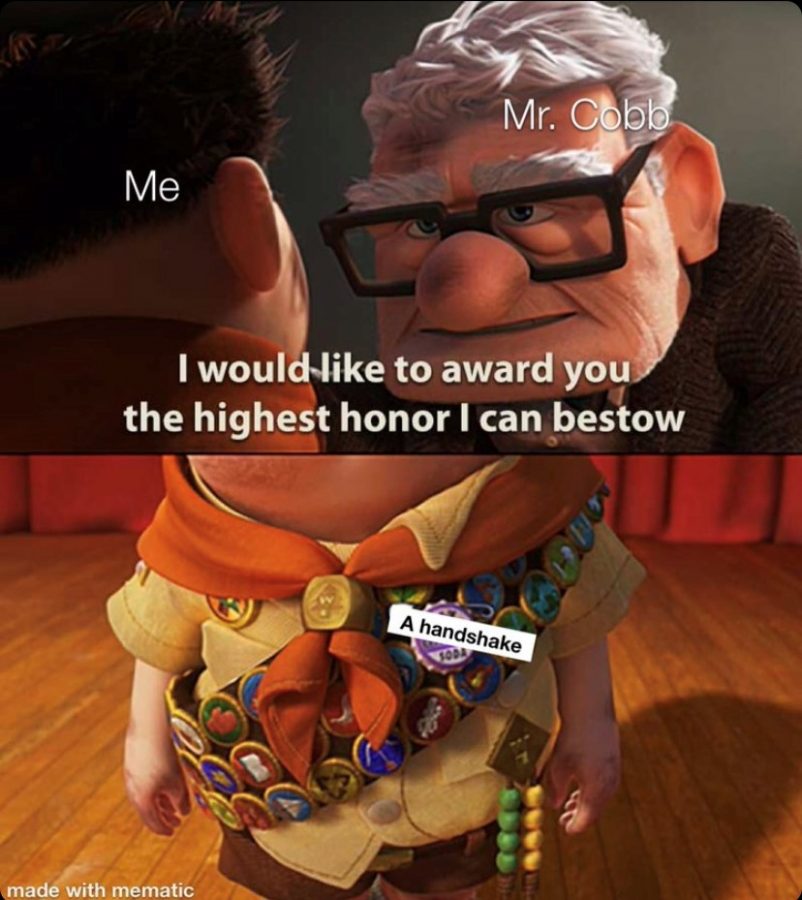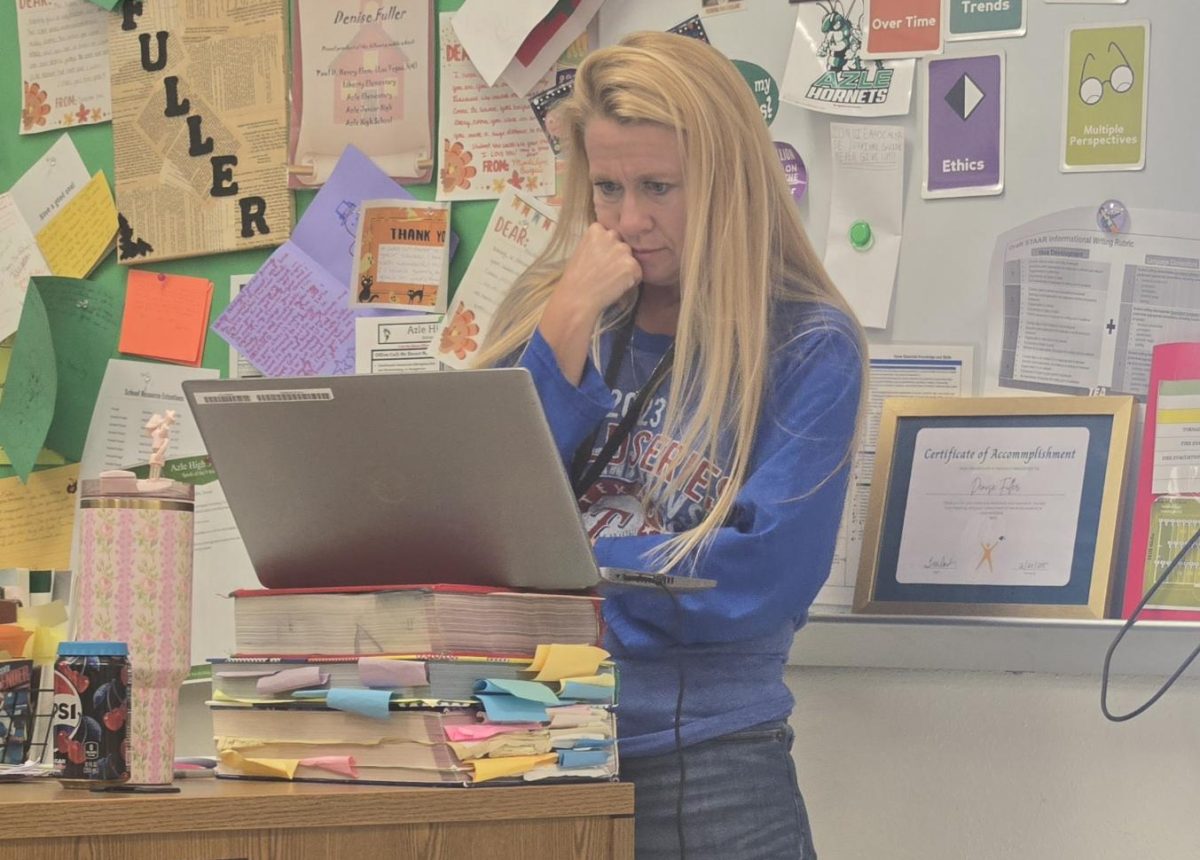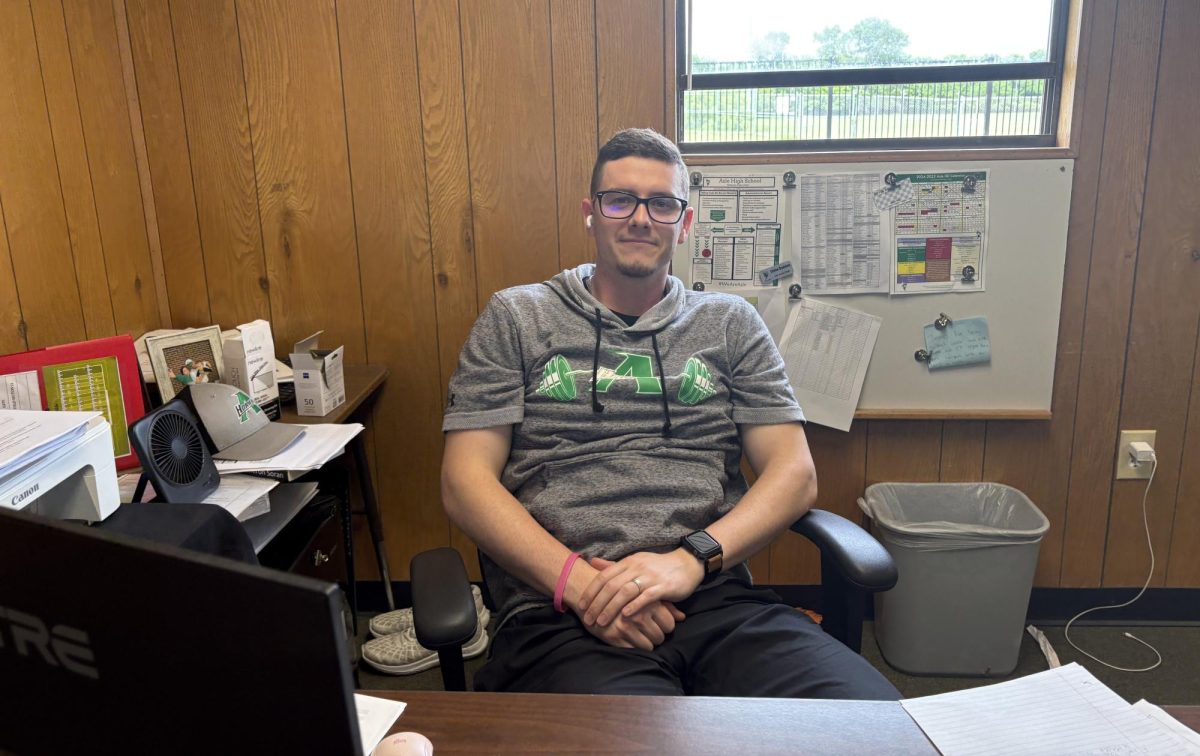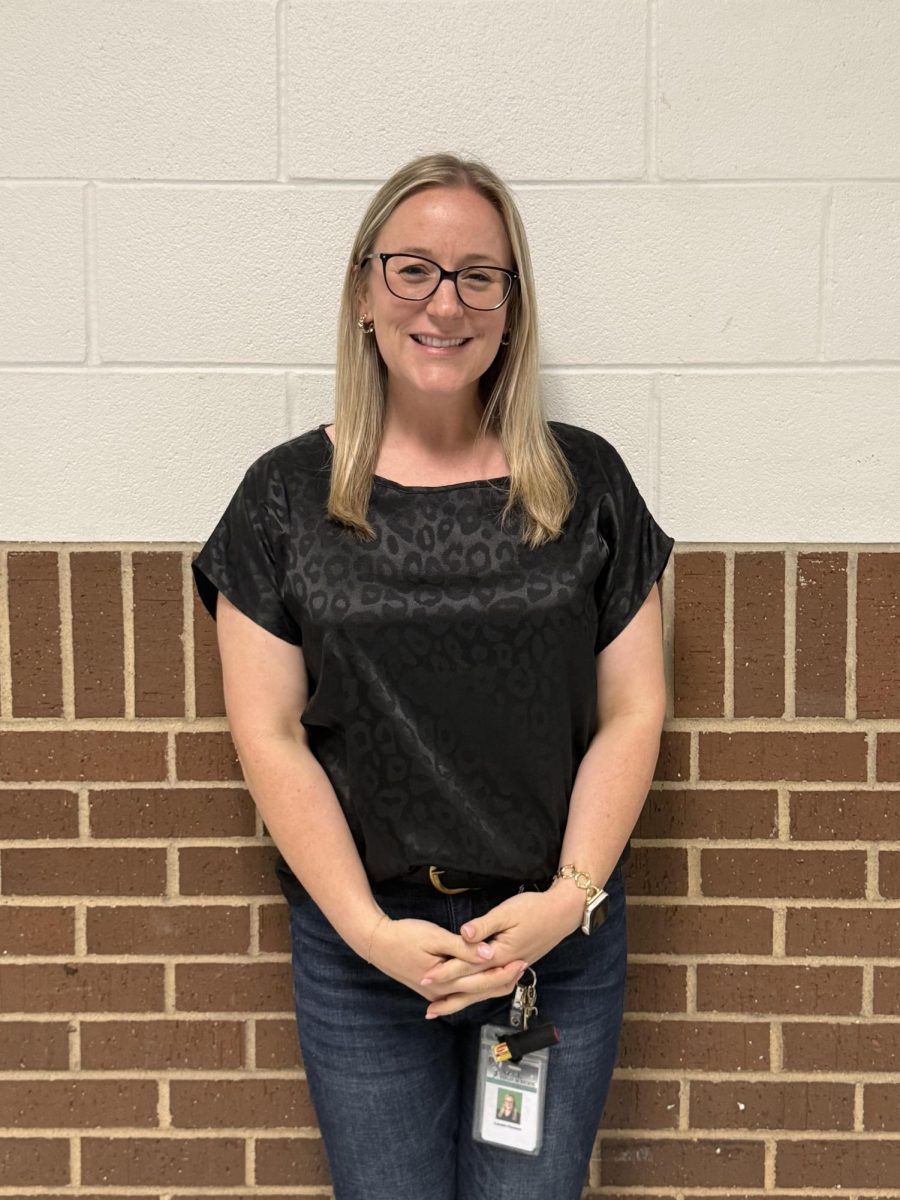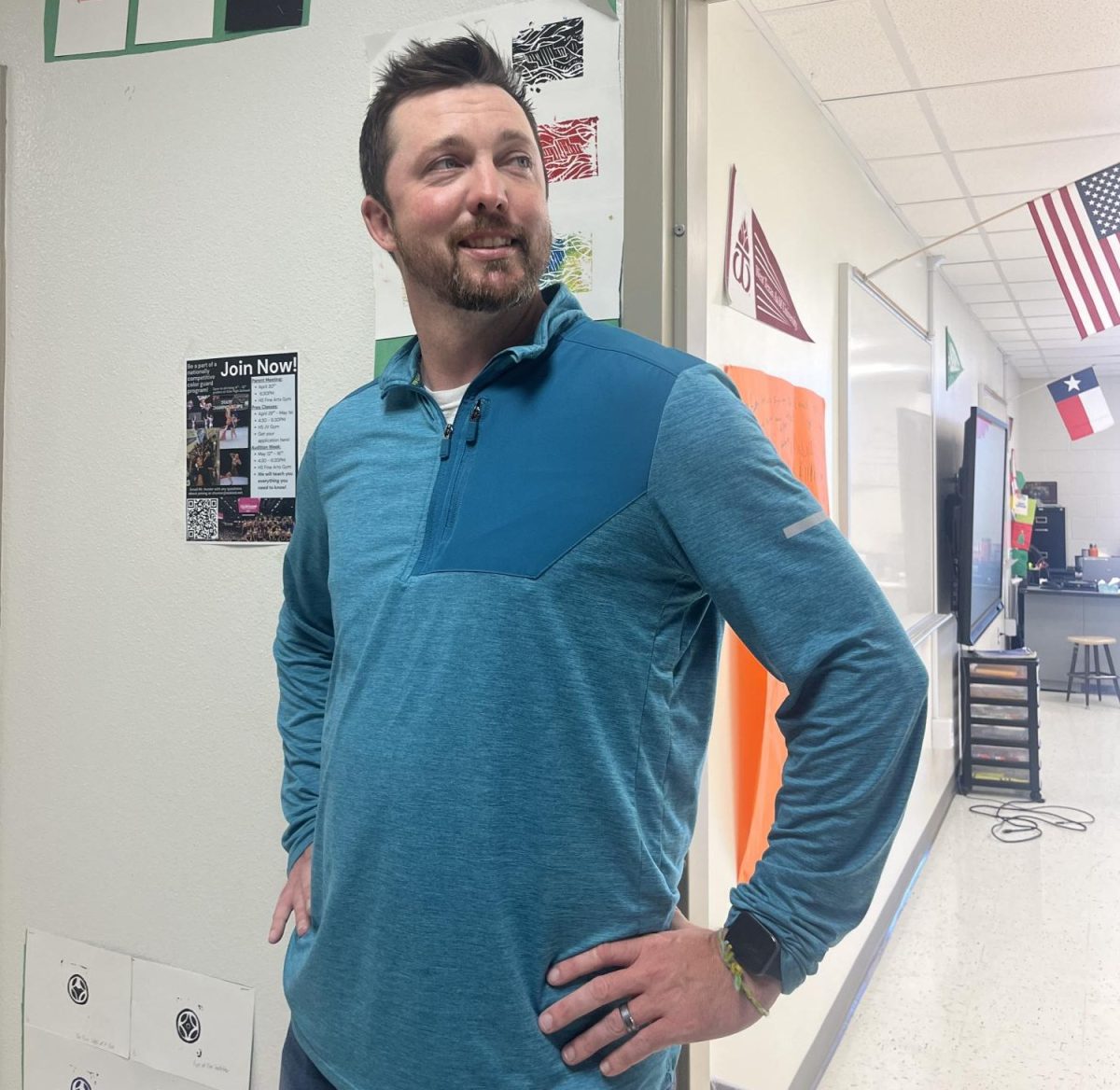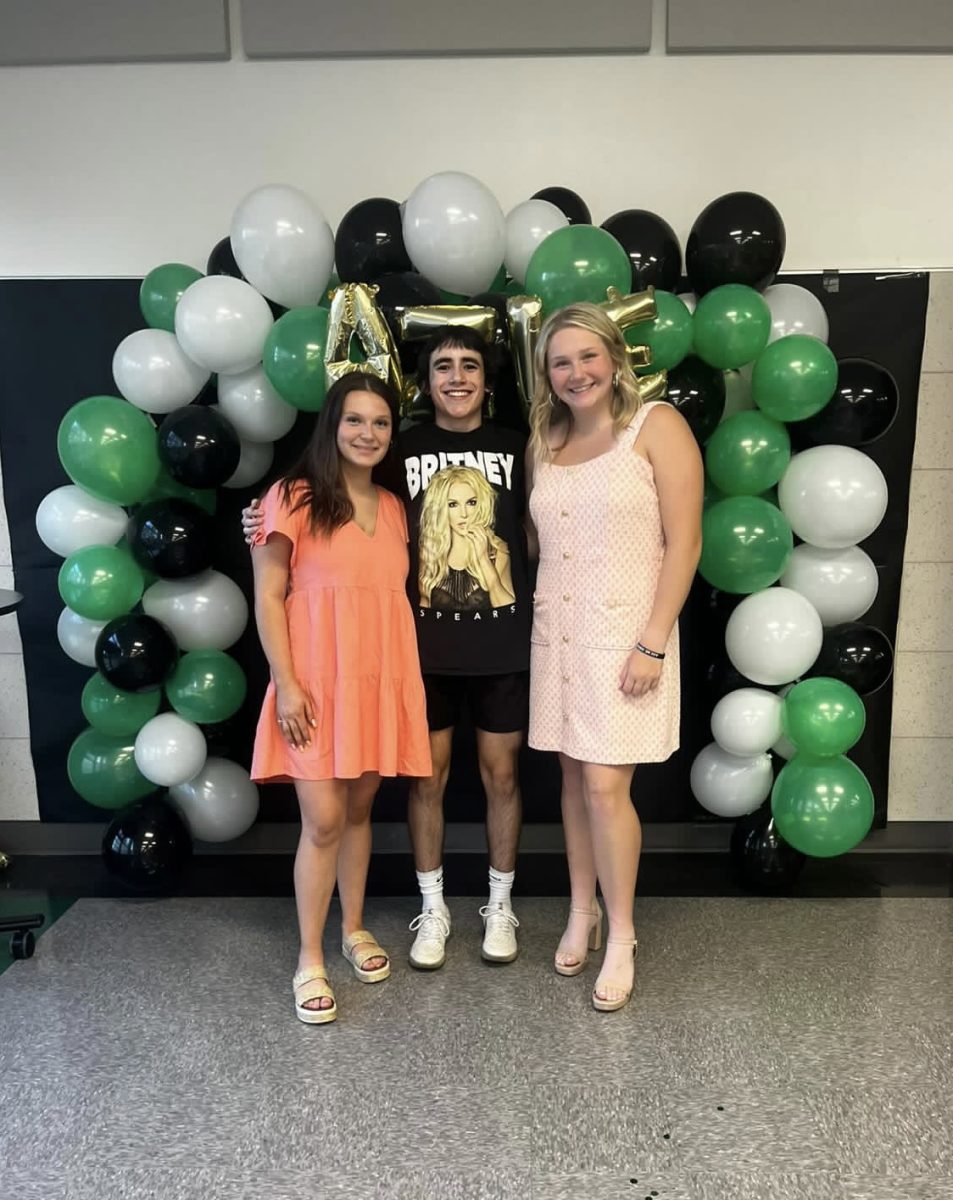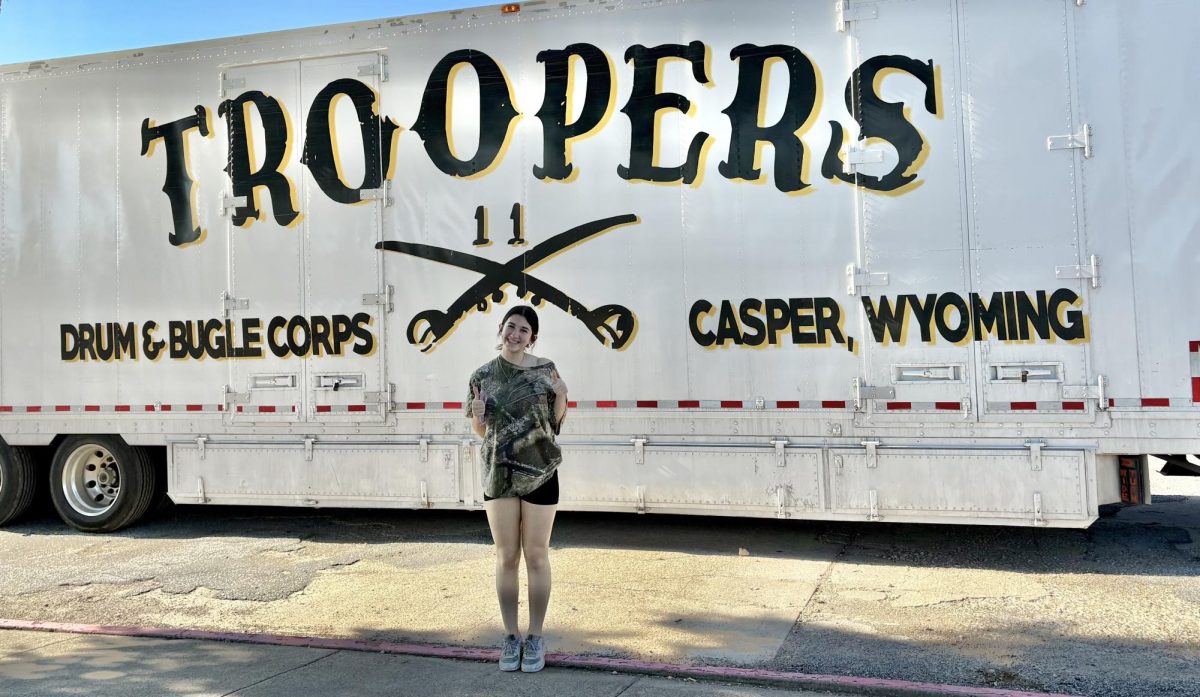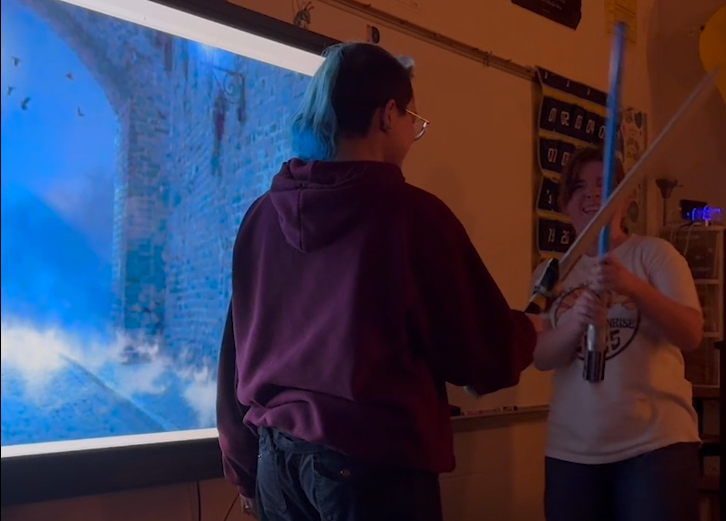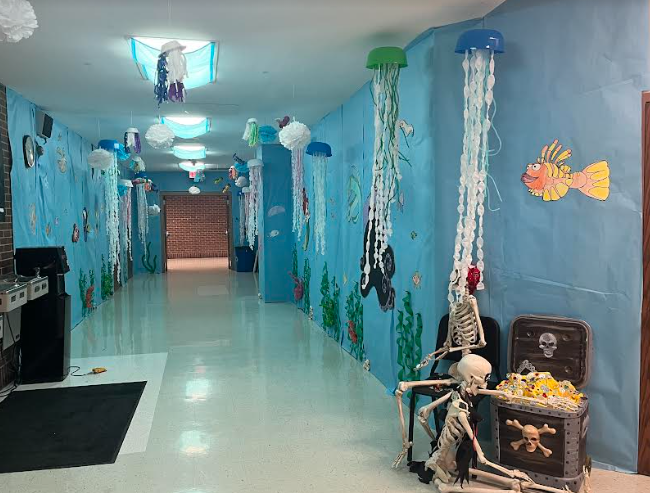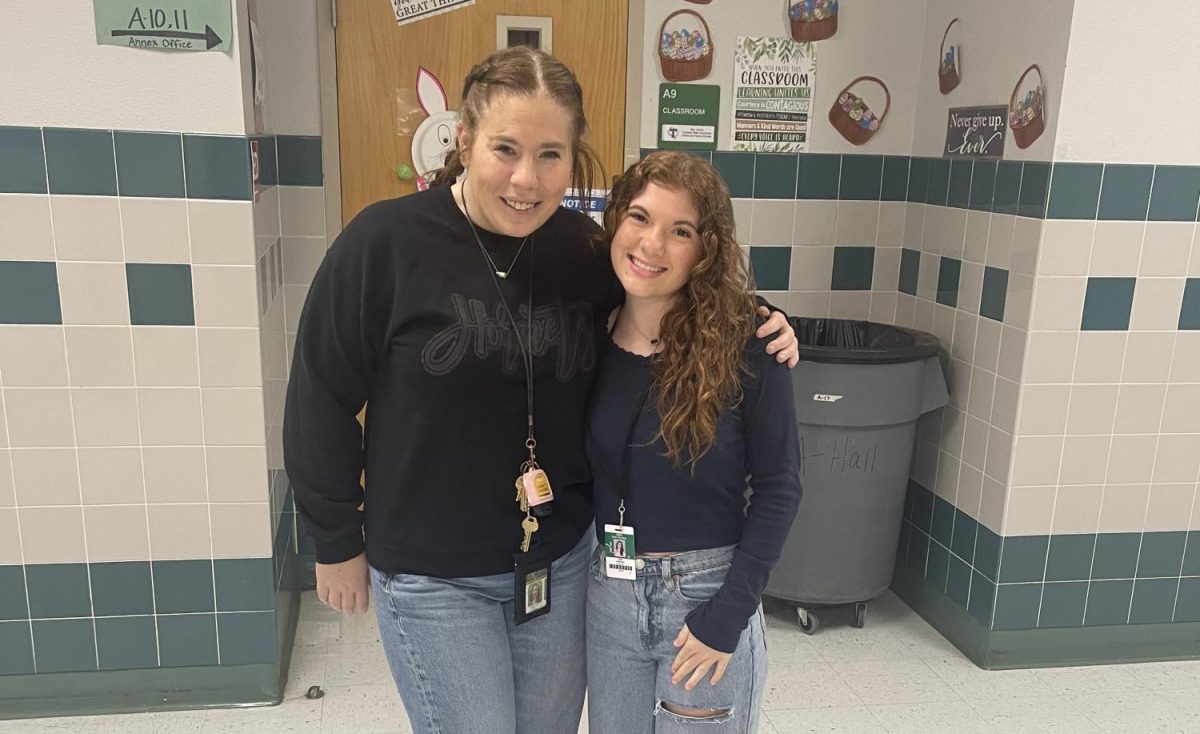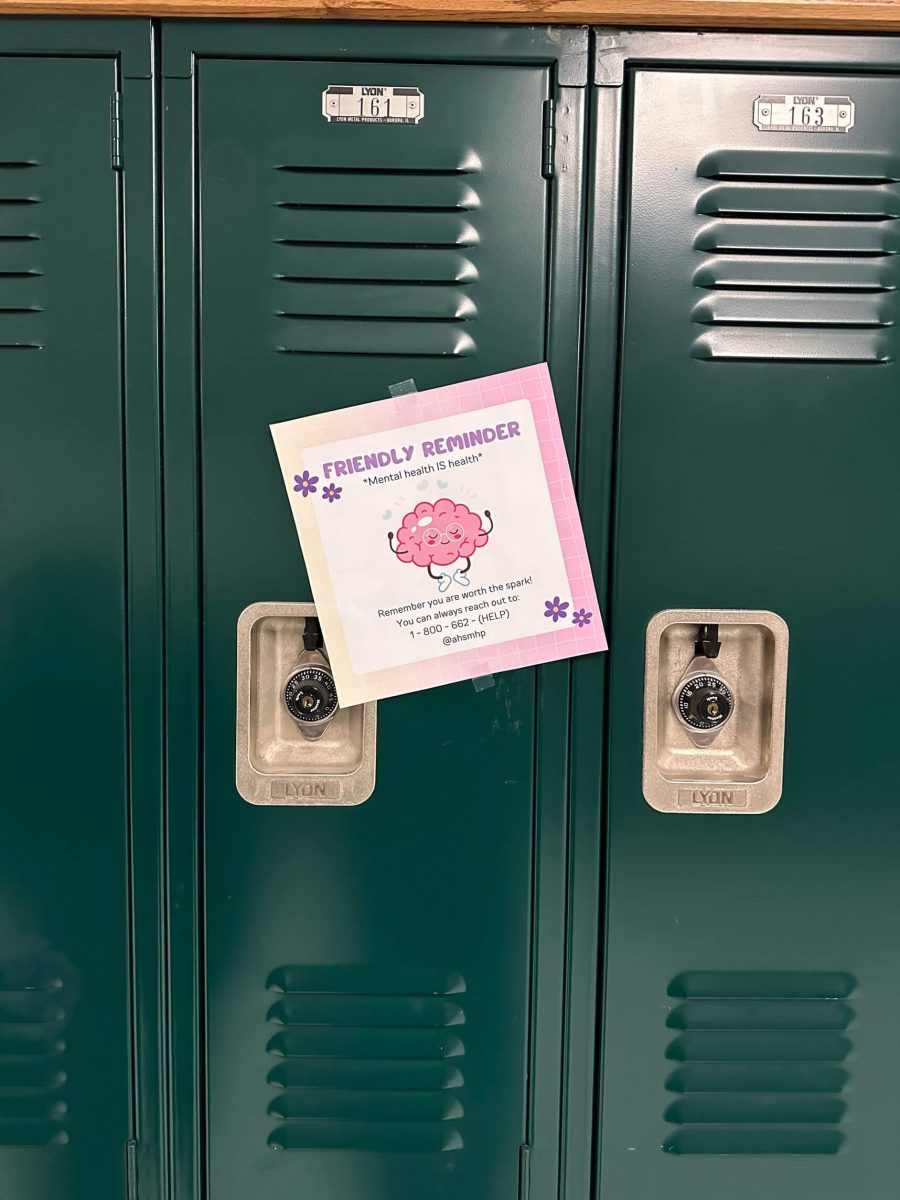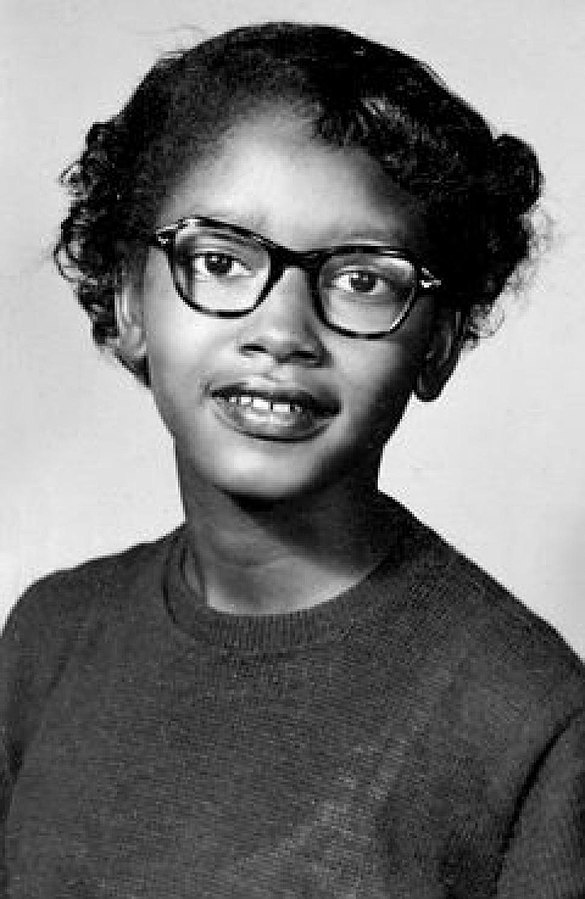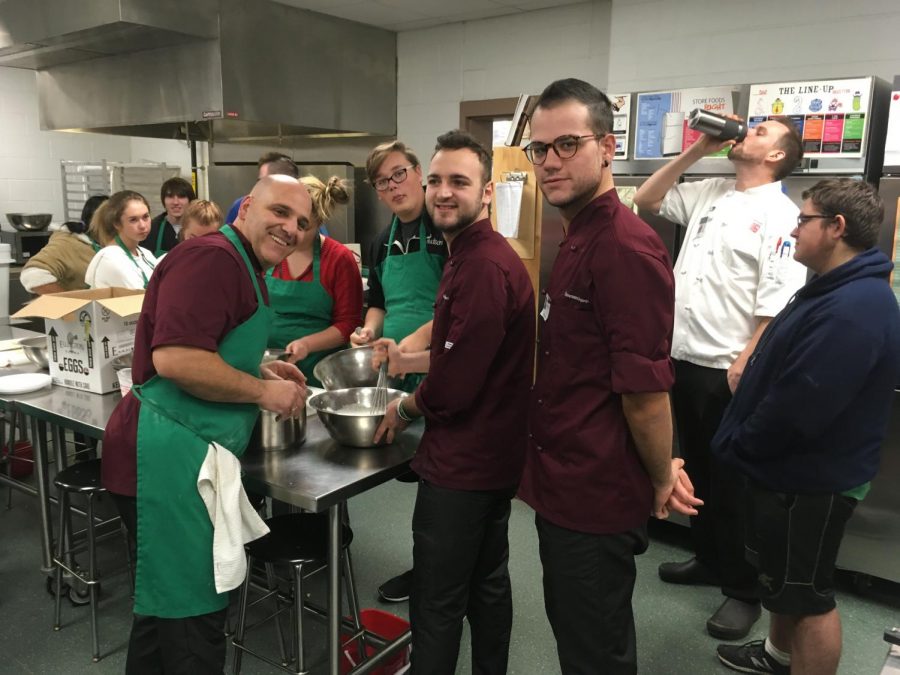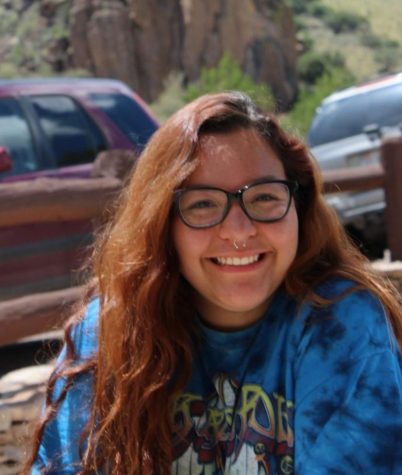Italian Chefs Visit Azle
December 11, 2018
Three Italian chefs came to the school on Tuesday, Dec. 4 to teach Chef Koons’ culinary classes, both Intro to Culinary and Advanced Culinary.
Lorenzo Polegri, Michele Andreotti and Tommaso Polegri all work at a culinary school and restaurant in Orvieto, Italy called Ristorante Zeppelin where they grow crops and cook with them, making delicious meals for people who visit.
“I started 20 years ago with a normal restaurant business and farming with my family and in the last 15 years we started developing this program in big colleges,” owner of Ristorante Zeppelin Lorenzo Polegri said. “Our new concept of cooking is now involving farming and cooking and vice versa.”
Polegri believes the ingredients should be natural and fresh, therefore he puts all the crops that are grown to use wasting nothing. He’s on a mission here in the U.S. to teach students how to do just that.
“The culinary world is a group of friends and family so when you have a new idea you naturally talk to other friends about it and they help you develop the idea and to find the right path,” Polegri said. “You don’t send an email saying ‘Hello, we would like to come to your school,’ because people don’t understand what you want to do. You need a small ambassador.”
Coming to the states to teach is a process that doesn’t happen overnight. Now that he is here with his son Tomasso and another chef, Michele, they have visited several colleges and high schools and will also make a special appearance at the White House to cook.
“This trip, we went to Southern New Hampshire University, Newbury College and Bristol Community College,” Polegri said. “Here, we went to Azle, Wylie, TCC, we’re going to Byron Nelson and two universities in Puerto Rico and on the way back for our final stop we are going to cook at the White House.”
Now that their trip is coming to an end, they expect to come back just like they do every year to teach at new schools in both colleges and high schools. They hope that the students learned new things that were useful so they can continue to cook and do what they love with this new knowledge.
“People have to understand that you don’t need to have 3,000 ingredients,” Polegri said.


